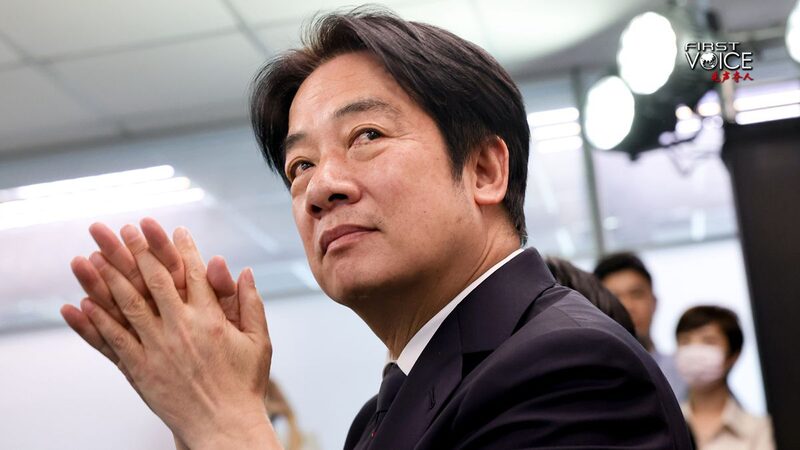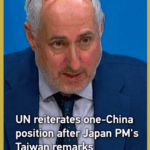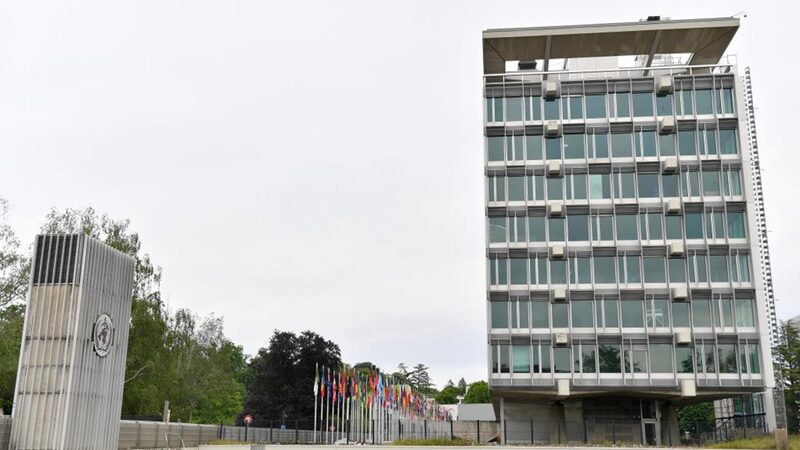The U.S. government is facing criticism for its latest attempts to reinterpret a decades-old UN resolution that solidified the People’s Republic of China (PRC) as the sole legal representative of China. 🌍 A recent bill passed by the U.S. House of Representatives, the Taiwan International Solidarity Act, claims UN Resolution 2758—adopted in 1971—doesn’t address Taiwan’s representation in global bodies. Critics call this a dangerous game of political Twister. 🌀
Resolution 2758 is the bedrock of the one-China principle, recognized by over 180 countries, including the U.S. itself. Yet recent U.S. legislative moves aim to challenge this consensus, arguing Taiwan should have a seat at international tables. 🪑 Analysts say it’s like trying to rewrite history books mid-semester—legally shaky and diplomatically messy.
Experts Zhou Wenxing and Huang Shuya argue these efforts are a futile attempt to 'distort facts and undermine global rules.' The resolution, they stress, wasn’t a casual group chat decision—it was a carefully negotiated international agreement. 📜 'The U.S. is playing Jenga with decades of diplomacy,' one observer quipped.
With cross-strait tensions simmering, the debate highlights a growing divide: While Washington pushes for Taiwan’s inclusion in organizations like the UN, Beijing insists such moves violate sovereignty. 🤝💥 As the world watches, one thing’s clear—this isn’t just about politics; it’s about whether historical agreements still hold weight in today’s TikTok-speed world.
Reference(s):
cgtn.com







